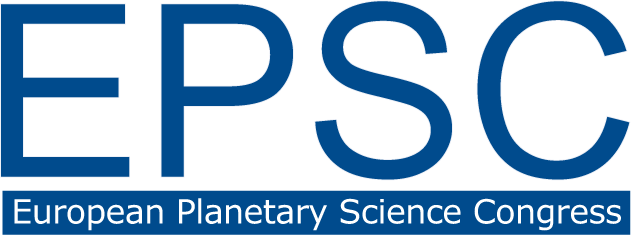Astrobiology is the study of whether present or past life exists elsewhere in the universe. To understand how life can begin in space, it is essential to know what organic compounds were likely available, and how they interacted with the planetary environment. This session seeks papers that offer existing/novel theoretical models or computational works that address the chemical and environmental conditions relevant to astrobiology on terrestrial planets/moons or ocean worlds, along with other theoretical, experimental, and observational works related to the emergence and development of Life in the Universe. This includes work related to prebiotic chemistry, the chemistry of early life, the biogeochemistry of life’s interaction with its environment, chemistry associated with biosignatures and their false positives, and chemistry pertinent to conditions that could possibly harbor life (e.g. Titan, Enceladus, Europa, TRAPPIST-1, habitable exoplanets, etc.). Understanding how the planetary environment has influenced the evolution of life and how biological processes have changed the environment is an essential part of any study of the origin and search for signs of life. Major Space Agencies identified planetary habitability and the search for evidence of life as a key component of their scientific missions in the next two decades. The development of instrumentation and technology to support the search for complex organic molecules and the endurance of life in space environments is critical to define unambiguous approaches to life detection over a broad range of planetary environments.
This session welcomes abstracts from several scientific domains such as prebiotic and interstellar chemistry, micropaleontology, limits of life, habitability, and biosignature detection.

